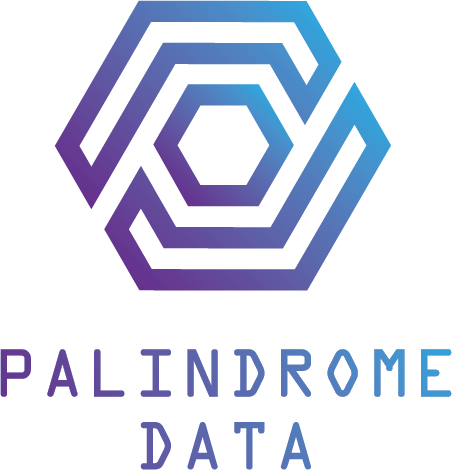As the use and capabilities of artificial intelligence (AI) continue to expand across various sectors, charitable causes and resource-constrained industries are harnessing its power to achieve their goals. Public healthcare is one such sector that benefits from the potential of AI. The United Nations’ Sustainable Development Goal 3 which seeks to “ensure healthy lives and promote well-being for all at all ages,” has put governments and non-profit organisations under pressure to improve healthcare outcomes. In low- and middle-income countries, this has necessitated the use of innovative approaches to tackle weaknesses in the healthcare system, with technology-based solutions such as AI which offer promising possibilities.
Despite the numerous benefits of AI, its rapid growth has resulted in its inadvertent unethical use, where hasty implementation of solutions takes precedence over ethical considerations. To rebalance the scales, it is crucial to adopt responsible AI practices in public health to ensure the benefits are maximised while minimising any negative impacts.

